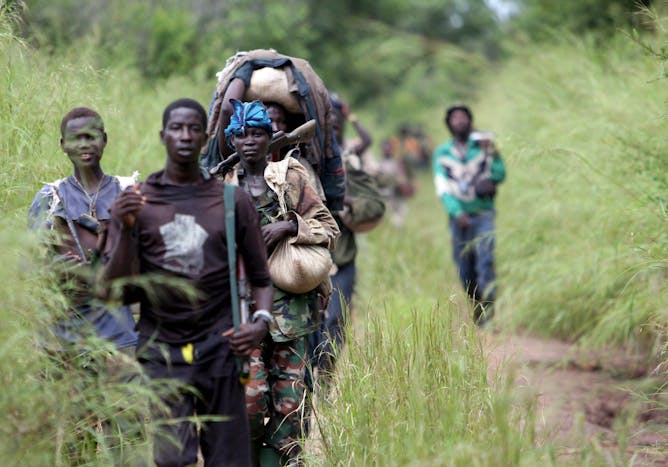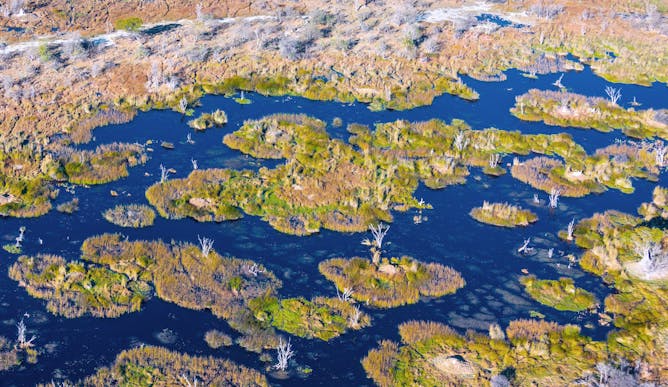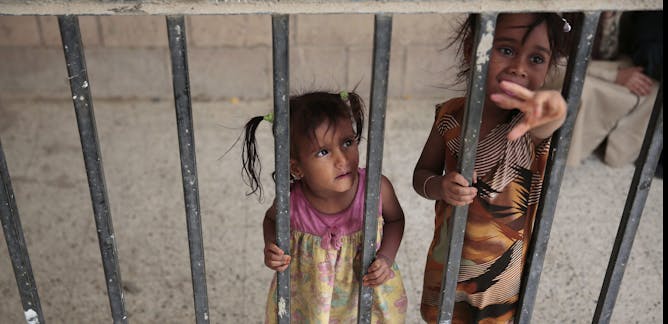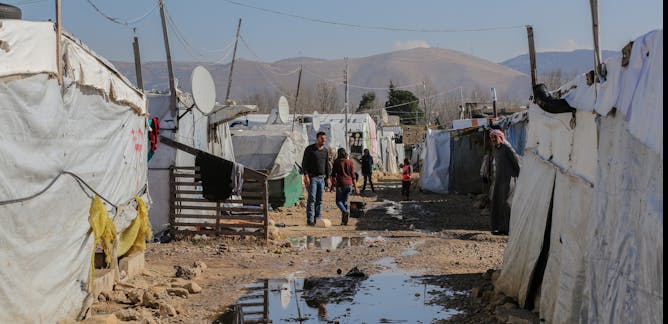|
The use of children in armed conflict is well-documented but what’s not well known is why some rebel groups forcibly recruit children and others don’t. The answer lies in how rebel groups finance themselves. A study by Roos van der Haer, Beth Elise Whitaker and Christopher Michael Faulkner finds that groups which fund themselves from proceeds from natural resources often become less dependent on the local population and therefore tend to be less accountable to local communities.
Most research on the environment in Africa focuses on how specific species or communities are affected. The social and economic changes that underlie environmental degradation across the continent have largely been ignored. Corey Bradshaw and Enrico Di Minin explain how they have put together an environmental indicator ranking system to fill this gap. This system will help African countries assess their impact on the environment, and will enable them to work towards improving their performance.
|

Rebels from the Lord’s Resistance Army making their way to a camp in southern Sudan. The group forcibly recruits children.
EPA/Stephen Morrison
Roos van der Haer, Leiden University; Beth Elise Whitaker, University of North Carolina – Charlotte; Christopher Michael Faulkner, University of Central Florida
Natural resources are an important factor in explaining why some rebel groups forcibly recruit children into their ranks.
|

Botswana’s Okavango Delta.
Shutterstock
Corey J. A. Bradshaw, Flinders University; Enrico Di Minin, University of Helsinki
Our work represents the first assessment of what social and economic factors are connected to environmental degradation across the entire African continent.
|
Health + Medicine
|

Michael Selgelid, Monash University; Euzebiusz Jamrozik, Monash University
Deliberately infecting people with a disease-causing agent as part of carefully considered medical research can be ethically acceptable or even necessary.
| |

Judy Illes, University of British Columbia; Jennifer Chandler, University of Ottawa
With increasing technological innovations in neuroscience, the field of neuroethics grows in relevance - especially when it comes to informing applications and policy.
|
|
|
Politics + Society
|

Megan Bradley, McGill University
Building on our track record of support for refugee resettlement, Canada should stand up for those uprooted within their own countries and unable to reach our shores.
| |

Willy Dunbar, Université Libre de Bruxelles; Yves Coppieters, Université Libre de Bruxelles
Despite many public health interventions in the region, Haiti remains vulnerable to stigmatisation against people infected with HIV, particularly sexual minorities.
|
|
|
Science + Technology
|

Reem Talhouk, Newcastle University; Andy Garbett, Newcastle University; Kyle Montague, Newcastle University
Syrian refugees in Lebanon know how best to manage their resources, but food aid currently prevents them.
| |

Ernest Foo, Griffith University
We go back to the basics and look at what Libra is, how it compares to other cryptocurrencies and whether you should be concerned about using it when it eventually arrives.
|
|
|